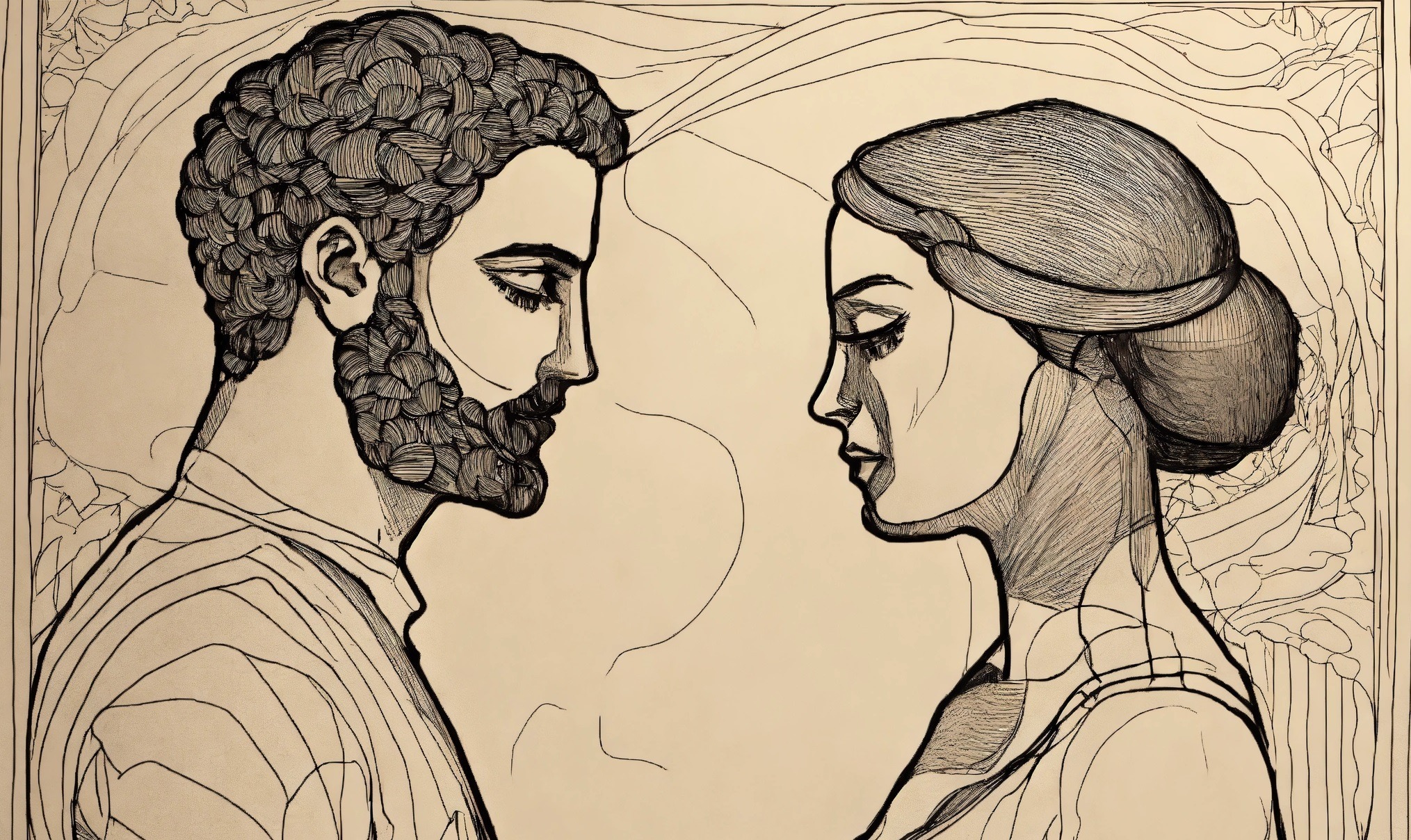Not everyone can give you this phrase by all means: “I accept you with all your good and bad.” I think this is one of the phrases in serious relationships like marriages that we’re looking for. Each social connection has some key factor that describes the connection in the best way possible. ‘Understanding’ is one of the key factors in marriage.
I asked this question in the family counseling class, and the teacher described it as follows: “The couple understands that they are different from each other.” This description highlights the idea that true understanding in marriage comes from acknowledging and embracing differences rather than trying to change each other.
I aim to share my modicum of comprehension that I have gathered from different sources.
1: The meaning of ‘Understanding’
In marriage, understanding means recognizing, respecting, and accepting that both partners are unique individuals with different backgrounds, perspectives, emotions, and ways of thinking. It involves empathy, open communication, and a willingness to work through differences rather than expecting complete agreement or sameness.
2: Steps to Reaching Understanding in Marriage
1- Acknowledge Differences
-
- Recognize that you and your partner come from different experiences, beliefs, and emotional responses.
- Avoid expecting your partner to think or feel exactly like you do.
2- Active Listening
-
- Listen to your partner without interrupting or immediately reacting.
- Show empathy by trying to understand their emotions and point of view.
3- Effective Communication
-
- Express thoughts and feelings honestly but respectfully.
- Use “I” statements instead of blaming (e.g., “I feel hurt when…” rather than “You never listen”).
4- Emotional Validation
-
- Accept your partner’s feelings as real and important, even if you don’t fully agree.
- Say things like, “I see why you feel that way” instead of dismissing their emotions.
5- Compromise and Flexibility
-
- Find solutions that work for both partners rather than insisting on only one way.
- Be willing to adapt and meet each other halfway.
6- Patience and Forgiveness
-
- Accept that misunderstandings will happen.
- Be patient in resolving conflicts and practice forgiveness to maintain harmony.
7- Commitment to Growth
-
- Keep learning about each other over time.
- Understand that people change, and marriage requires ongoing effort to adapt and support each other.
3: Theories that explores ‘understanding’ in marriage
1. Gottman’s Theory of Marital Stability
🔹 John Gottman’s research focuses on what makes marriages succeed or fail. He emphasizes that couples who recognize and respect differences have stronger, more lasting relationships.
- Key Concept: Successful couples create a “Love Map,” meaning they deeply understand each other’s inner world (thoughts, emotions, fears, dreams).
- Conflict Management: Instead of trying to “win” arguments, happy couples accept differences and work through disagreements respectfully.
🔹 Related to Understanding:
- Accepting that differences will always exist
- Replacing criticism with appreciation
- Turning toward each other instead of shutting down
2. Attachment Theory (John Bowlby & Sue Johnson’s EFT)
🔹 This theory explains how people form emotional bonds in relationships. In marriage, understanding is built when partners recognize their attachment needs and differences in emotional expression.
- Key Concept:
- Some people are secure in relationships, while others are anxious (seeking reassurance) or avoidant (pulling away).
- Misunderstandings often come from different attachment styles.
- Emotionally Focused Therapy (EFT) by Sue Johnson:
- Teaches couples how to recognize emotional triggers and respond with empathy instead of defensiveness.
🔹 Related to Understanding:
- Accepting that partners may express love and conflict differently
- Learning how to support each other’s emotional needs
3. Sternberg’s Triangular Theory of Love
🔹 Robert Sternberg describes love as having three components:
- Intimacy (emotional closeness)
- Passion (romantic attraction)
- Commitment (long-term dedication)
🔹 Related to Understanding:
- Deep understanding strengthens intimacy.
- Couples who respect each other’s unique ways of showing love tend to have more fulfilling relationships.
4. Dialectical Theory of Relationships (Baxter & Montgomery)
🔹 This theory focuses on how couples balance opposing needs in relationships. Common tensions include:
- Autonomy vs. Connection – Wanting independence but also closeness
- Openness vs. Privacy – Sharing personal thoughts but also maintaining boundaries
🔹 Related to Understanding:
- Recognizing that these conflicts are normal and helps couples respect each other’s needs without feeling rejected.
4: Let’s recap
Understanding in marriage isn’t about eliminating differences—it’s about learning to accept, appreciate, and navigate them. The theories above highlight how communication, emotional security, and respect for individuality are key to a healthy relationship.





